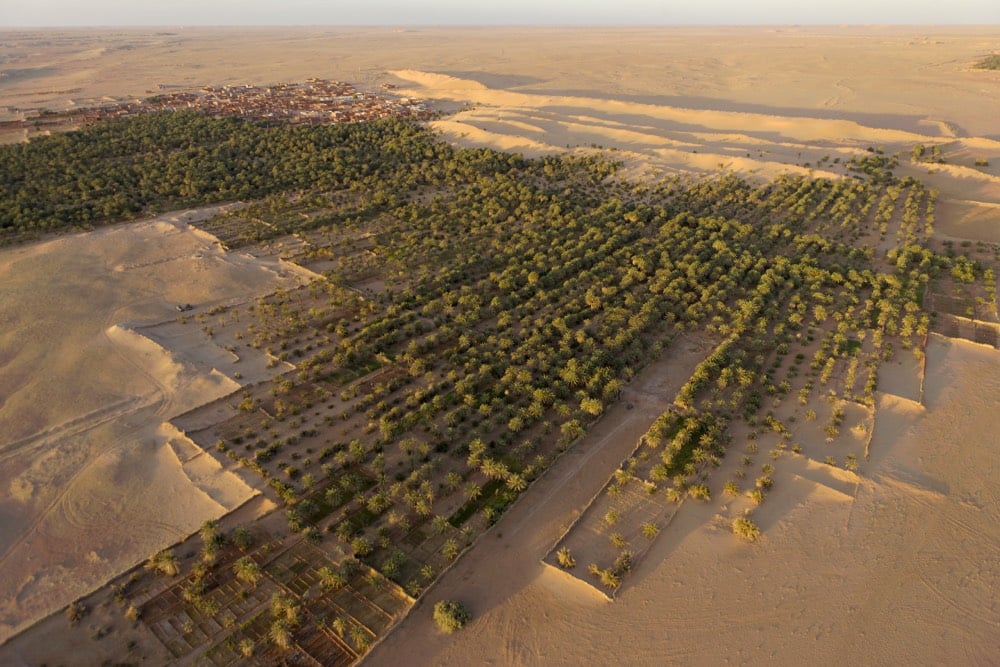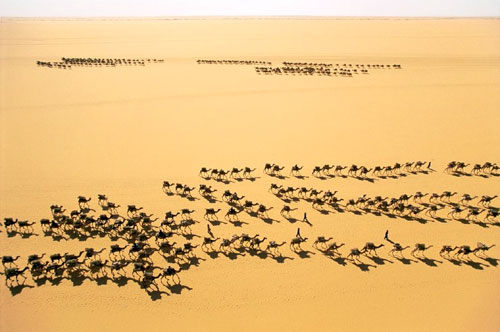We almost stopped climate change in the 80s. What happened?

The New York Times Magazine has devoted its entire issue this weekend to a single article by Nathanial Rich: Losing Earth: The Decade We Almost Stopped Climate Change.
The world has warmed more than one degree Celsius since the Industrial Revolution. The Paris climate agreement — the nonbinding, unenforceable and already unheeded treaty signed on Earth Day in 2016 — hoped to restrict warming to two degrees. The odds of succeeding, according to a recent study based on current emissions trends, are one in 20. If by miracle we are able to limit warming to two degrees, we will only have to negotiate the extinction of the world’s tropical reefs, sea-level rise of several meters and the abandonment of the Persian Gulf. The climate scientist James Hansen has called two-degree warming “a prescription for long-term disaster.” Long-term disaster is now the best-case scenario. Three-degree warming is a prescription for short-term disaster: forests in the Arctic and the loss of most coastal cities. Robert Watson, a former director of the United Nations Intergovernmental Panel on Climate Change, has argued that three-degree warming is the realistic minimum. Four degrees: Europe in permanent drought; vast areas of China, India and Bangladesh claimed by desert; Polynesia swallowed by the sea; the Colorado River thinned to a trickle; the American Southwest largely uninhabitable. The prospect of a five-degree warming has prompted some of the world’s leading climate scientists to warn of the end of human civilization.
Is it a comfort or a curse, the knowledge that we could have avoided all this?
Because in the decade that ran from 1979 to 1989, we had an excellent opportunity to solve the climate crisis. The world’s major powers came within several signatures of endorsing a binding, global framework to reduce carbon emissions — far closer than we’ve come since. During those years, the conditions for success could not have been more favorable. The obstacles we blame for our current inaction had yet to emerge. Almost nothing stood in our way — nothing except ourselves.
Photo by George Steinmetz, who did the photography for the Times piece.
Update: For a critical reading of Rich’s piece, check out this Twitter thread by Alex Steffen.
I notice that reactions to “Losing Earth” seem divided along a pretty straight-forward line: Those who work in climate science, journalism or advocacy-and those who don’t.
Folks who don’t work on climate for a living seem more positive about the piece than those who do.
There’s a reason for that: It’s a long essay that gets its subject wrong, and the ways it goes wrong are ways many of us who work on climate have seen again and again. It’s work that doesn’t know its history, and so makes old mistakes.
Weirdly central in Nathaniel Rich’s story is the claim that there existed a time before politics, when climate change was not hampered by opposition: “The obstacles we blame for our current inaction had yet to emerge. Almost nothing stood in our way…”
This is simply untrue.
He doubles down on the idea by explicitly exonerating high-CO2 industries + the GOP
“A common boogeyman today is the fossil-fuel industry, which in recent decades has committed to playing the role of villain with comic-book bravado. …Nor can the Republican Party be blamed.”
Robinson Meyer makes a similar point at The Atlantic.
The thrust of this history seems to suggest that powerful figures in the Republican Party were already skeptical of human-caused climate change by 1980. These leaders had not yet converted most Republican rank-and-file voters to their view, and indeed there may have been a few supporters of climate action in the party. But by and large, the most influential administration officials muddied climate science and weakened climate policy.
If Rich seems a little too charitable to the G.O.P, he lets fossil-fuel interests off the hook entirely. It’s likely that oil executives knew humans were triggering climate change before Rich’s story even picks up.






Stay Connected